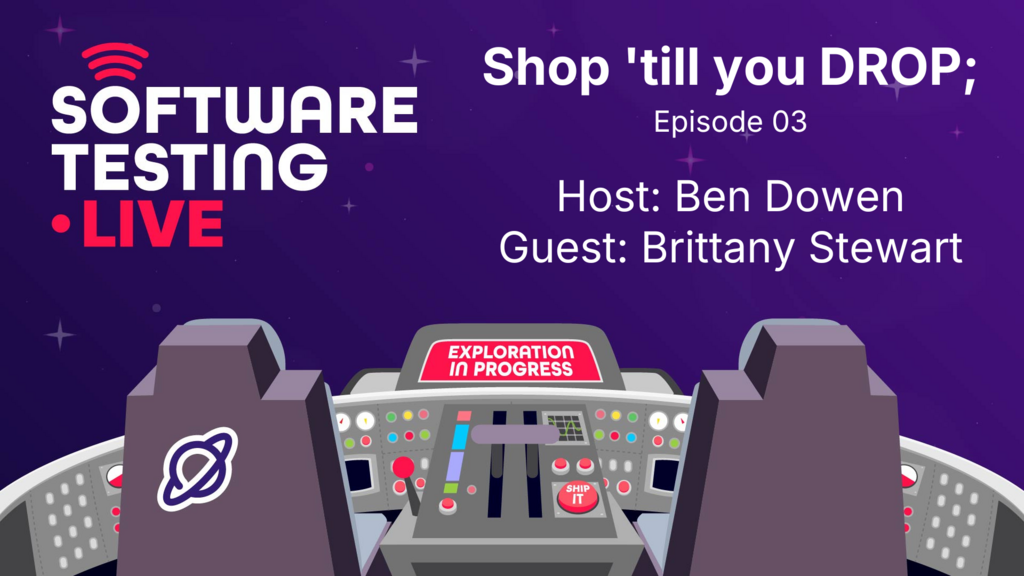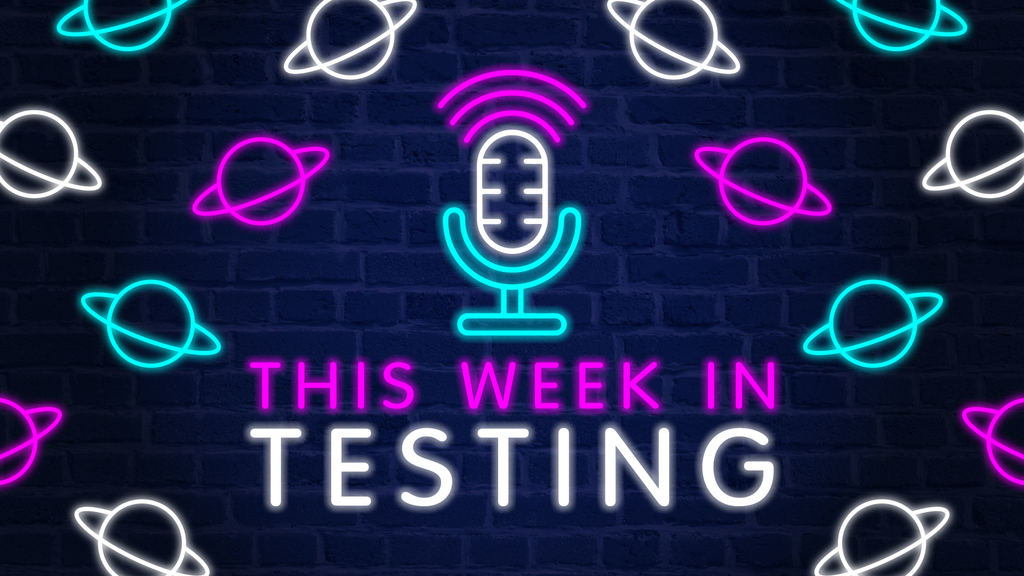Organizing a new testing meetup, especially if you’ve never done it before, can seem like a demanding task. But with the help of a supportive community it can be a very pleasant experience. If you are like me, primarily a technical person, you might not have had opportunities to develop some of the required soft skills like communications and organizational skills (such as scheduling and planning, first and foremost). But with the right support it’s fairly easy to overcome these obstacles.
Allow me to share some tips (from the perspective of a new meetup organizer) which might help or encourage you to start your very own meetup!
Attend A Few Meetups
This can help you to get a feel of what to expect from meetups, what kind of topics spark the most interest in attendees, which meetup formats are the most popular, and in general what people like and what they dislike. But most of all you will be able to see firsthand why meetups are fun and that they can be very useful for everyone involved.
Talk To Meetup Organizers And Speakers
Just by talking to meetup organizers you can get some valuable tips and benefit from their experience. Another good idea is to talk to people who have spoken at many different meetups. Since this is mostly a pro-bono activity, these are the kind of people who like supporting the community, so it’s very likely that they will find the time to speak to you.
Find Out What Interests Testers Near You
In my area lately there has been a huge increase in demand for software testers. So many people are looking to get into the field, and to do so they join and attend testing meetups, to learn something new, network with people already working in the field, and get a sense of belonging. People who are considering changing their careers need to get information on their potential new field and to network, so they are also very active in local meetups and similar events.
Also, pay attention to local technology trends and job postings. This could attract a lot of interest, open up sponsorship opportunities, and give you ideas for meetup topics.
Co-Host An Existing Meetup
I’ve done this for a friend who was a pretty consistent meetup organizer. He would find sponsors, bring food and drinks (this was before COVID-19), look for speakers, and do the announcements at the event itself. I co-hosted one of his meetups and it was a very pleasant experience, followed by a lot of pizza and laptop stickers for everyone!
Reach Out To Potential Speakers
Now that so much can be done online, you can contact and recruit high-profile speakers no matter what their geographical location. For my first meetup I was pleasantly surprised that three out of three people I asked to speak at my first meetup said yes straight away! And all three of them are experienced testers who have spoken at conferences and meetups before.
Just because someone is a well-known speaker doesn’t mean they will refuse to speak for your tiny new meetup. People who speak for free and contribute to communities are usually very kind, humble, and enjoy sharing their knowledge. Don’t hesitate to seek them out!
Decide On A Meetup Format
You have a wide range of choices of format. You can meet in person (more common now that COVID restrictions are easing) or online. Online can be easier given attendee work schedules and speaker location.
Also, the meetup itself can be a standard presentation, or you could have a fireside chat, a group discussion, a panel of speakers, or maybe some kind of group activity. The only limit here is your creativity!
Find Sponsors
Sponsors can pay for food and beverages as well as some sort of swag for the attendees, like stickers. In return they get some marketing and maybe a chance to scout out some promising talent. For online meetups sponsorship is not as common, but there are ways it can work For example, a company could sponsor a giveaway to be sent to the winning participant.
Build In Accessibility
Some suggestions for making sure your meetup is accessible:
Online meetups:
-
Good sound is key, especially for presenters and speakers. Always try to show up a bit early to test the setup and if possible use quality microphones and HD web cameras.
-
Enable closed captioning on your platform. Zoom requires this, while Google Meet allows the end user to choose whether or not to caption. Many platforms have auto-generated captions (such as YouTube). Keep in mind that auto-generated captions may not be available in all languages.
-
Sign language interpretation is a lovely thing to provide - very useful and inclusive to the hearing-impaired. It’s good to pay the interpreter a stipend!
Face To Face Meetups
-
Make sure the space is wheelchair accessible, not just the front door but the bathrooms too.
-
If your meetup has food and refreshments, try to provide for the different dietary preferences of your attendees. Same for beverages - as some meetups can have beer, or other alcoholic drinks, make sure to offer non-alcoholic drinks and sugar-free options.
-
Do your research - you can do this in several ways. One good idea is to provide users with a poll (Google forms are free) to see if you need to accommodate disabled attendees. Also, check with more experienced meetup organizers for tips; they might have recommendations for accessible locations.
Iron Out The Technical Details
Figure out which platform to use for your meetup, if you are joining a larger community, they might have this already handled for you, but if not, some of the platforms to consider are: Meetup, EventBrite, or social networks like Facebook and LinkedIn, both of which have event scheduling capabilities.
Promote Your New Meetup
You want people to hear about your new meetup before it happens. The easiest way to start promoting your meetup is to use social media. You can make Facebook, LinkedIn, Twitter, and Instagram profiles just for your meetup. A paid online promotion could be a good idea, especially if you can find a sponsor. Reach out to people you know (in my case, fellow testers) and ask for their help, and they can also share the meetup within their own circles. Finally, make use of existing communities. They will already have an established reputation and a group of online followers, so this can be a huge boost.
Consider Starting A Ministry Of Testing Meetup
If your city does not have a software testing meetup, you can check out the Ministry of Testing meetup page where you can find information on all the relevant info. This also includes info on how to volunteer as an MoT meetup organizer. MoT is a big global community, with a lot of members worldwide., Working with MoT ensures the support of people who are very experienced community organizers, and concerns like technical details or platform choice are already handled for you.
Benefits for Others And For You
Organizing a new meetup can take some time and effort on your part. However, aside from potentially being valuable to the testing community, your meetup will benefit you. It’s a good way to promote yourself: you will be more visible to recruiters, you will establish new and useful connections, and companies tend to look favorably on people who are active in their professional communities.
Try It Yourself!
Hopefully, I’ve managed to convince you to consider the idea of organizing a new meetup for your area and that I have provided information useful to get started. Good luck with your new meetup!
Other Resources
Practicalities of Building Communities at Scale - Lindsay Strydom & Gareth Waterhouse
Inclusivity in the Times of Corona - Lina Zubyte
Author Bio
Mirza has always been a technology geek, helping friends and family with computer-related issues. He started out in tech support in 2014 and moved to software testing in 2017, and has been a tester ever since. Mirza also worked as a freelance web developer for a while as well. When he’s not sharing memes online, He is usually learning new things, writing posts for his blog, and being an active member of the testing community.





